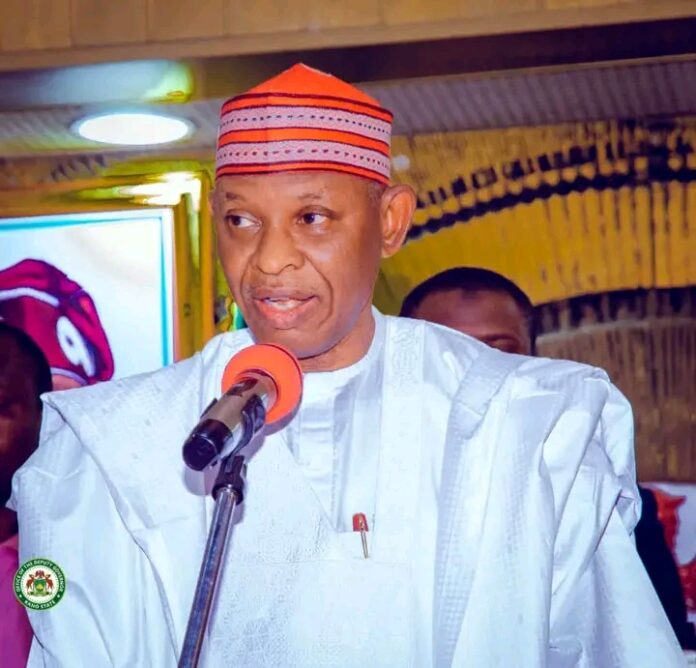
Governor Abba Kabir Yusuf Thursday unveiled the distribution of free fertilizers worth over one billion naira to smallholder farmers including females and People with Disabilities in the state.
A statement by Sanusi Bature Dawakin Tofa, the Spokesperson to the Governor, said the initiative was in fulfilment of Governor Yusuf’s campaign promise to improve livelihood through investment in Agribusiness.
Governor Yusuf had during his campaign activities towards the 2023 elections promised to champion Agricultural transformation through the provision of quality and affordable Agricultural inputs as contained in his 70-page blueprint presented to the good people of Kano titled “My Commitment for Kano”
Besides, the Dawakin-Tofa revealed that over a billion naira worth of NPK fertilizers that were distributed to 52,800 smallholder farmers across the 44 Local Government areas were produced by the state-owned Kano Agricultural Supply Company (KASCO).
Governor Abba Kabir Yusuf while flagging off the agricultural input disbursement explained the intention was to reduce the cost of production and boost food security.
The state executive council had also approved the procurement of over five billion naira worth of fertilizers that will soon be made available to Kano farmers at a subsidised rate.
The Governor stressed that farmers already battling with the high cost of inputs and labour occasioned by economic reality, now have cause to redouble energy to multiply their produce.
He emphasised the government’s readiness to sustain food production through a regular supply of fertilizer production by the state-owned company (KASCO). Governor Yusuf said KASCO and other state manufacturing centres are being strengthened to revitalise revenue flow and sustain the economy of the state.
The beneficiaries which include women farmers and people living with disabilities are expected to receive 25kg of NPK fertilizer to support their farming activities and eventually boost the yield of their crops and improve the livelihood of the people.








































